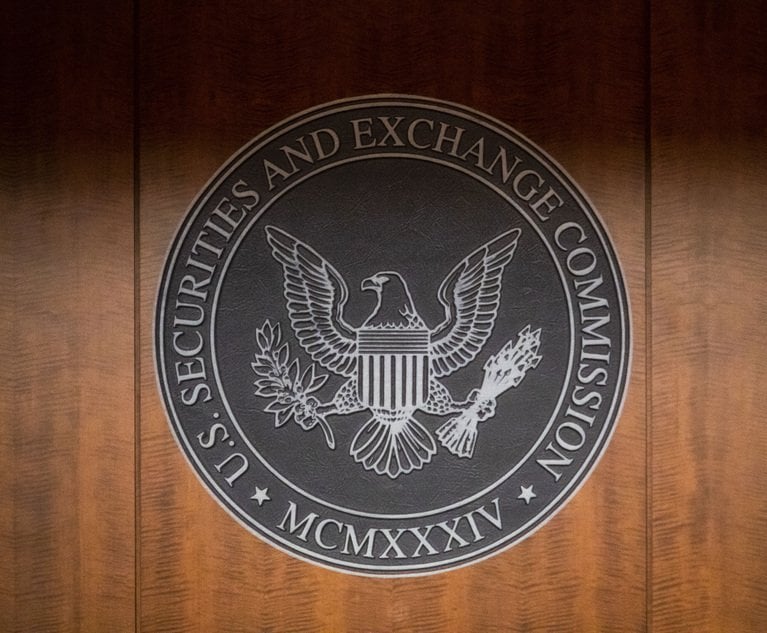The decision to conduct an internal investigation is frequently driven by an unexpected event that imposes risk to a company. A shareholder composes a demand letter alleging breaches of fiduciary duty by the board of directors. A whistleblower claims that senior management is overriding internal controls to prevent the disclosure of related-party transactions. An outside auditor uncovers a persistent pattern of prematurely recorded revenues seemingly designed to inflate earnings. A rogue employee engages in misconduct under the pretense of corporate authority. The government contacts the company with precisely crafted requests for information—or, the FBI shows up with a search warrant. Once confronted with these types of unwelcome events, companies need to promptly consider the credibility of the underlying accusations and prudently determine whether an internal investigation is warranted.
Internal investigations are traditionally favored when the activity in question may be prevalent or flagrant, or result in substantial financial harm to the company, especially if it raises the possibility of participation or acquiescence by senior officers or directors. This urgency becomes even greater when the conduct at issue is brought to a company’s attention by a governmental authority, such as the Federal Bureau of Investigation, Securities and Exchange Commission, Commodity Futures Trading Commission or Internal Revenue Service, whether via telephone inquiry or formal subpoena, thus placing it on notice of active and ongoing regulatory scrutiny. Here, a company finds itself at a significant informational disadvantage with no reasonable certainty what documents the government staff has reviewed, with whom they have spoken or what preliminary theories are being developed. It becomes critical under these formidable circumstances for a company to attempt to close the informational gap as quickly as possible.










